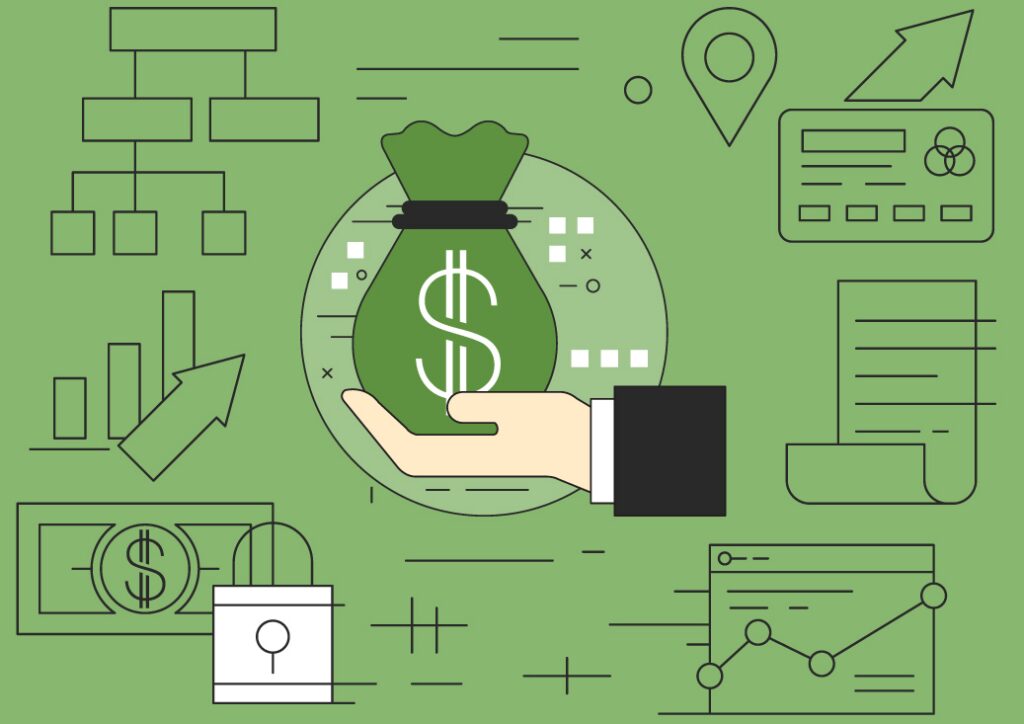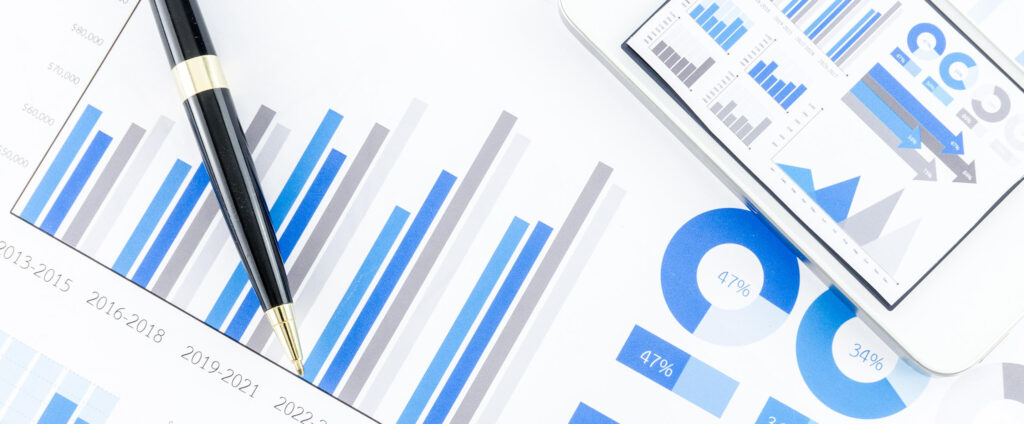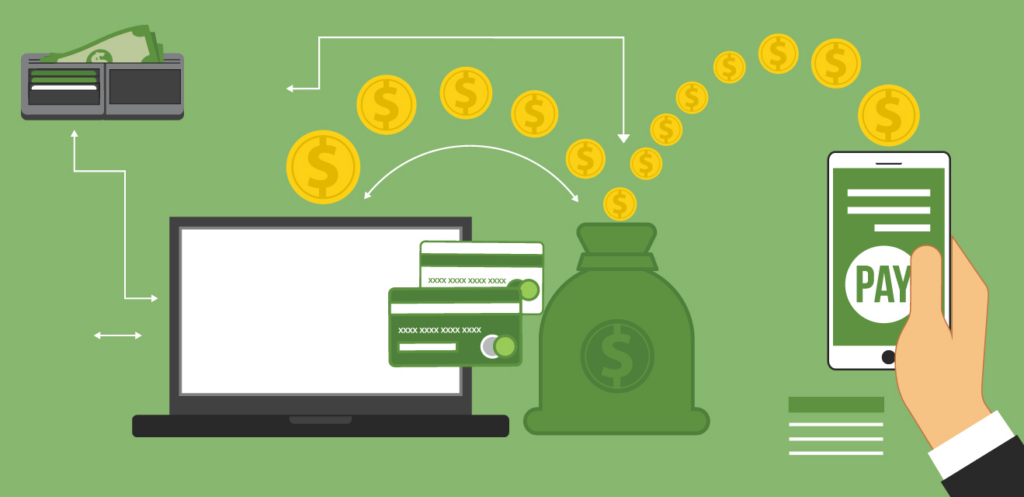During the current economic slump, more Americans took on consumer debt to cover life expenses, healthcare costs, and other unexpected bills. Retail therapy has also played a significant role in the increase – accounting for nearly $700 billion in collective spending.
Understanding your money habits and how you’re dealing with rigid and unexpected expenses can go a long way toward your investment plan, or paying off existing debt.
Here are some key reasons why debt and revenue go hand in hand when it comes to drafting a successful personal finance plan.
Invest in Your Future

Are you prepared to retire on time? Whatever that means for you, understanding where you stand when it comes to planning for your future is an essential component of personal finance. Making investments is critical when it comes to beating inflation and developing a system where your money works for you.
Once your investment begins to generate income, it becomes a true asset – not a liability. Building wealth is an equation that requires minimizing liabilities and maximizing net profit.
Popular investment plans for those who are still in debt include contributing to a(n):
- ETF
- Index fund
- Low-risk bond
- CD
- IRAs
- 401K
Managing debt while contributing to your retirement plan of choice is often seen as the best way to accumulate long-term financial security.
Try the Avalanche Method

If you’re carrying multiple lines of debt, you’re probably juggling different interest rates as well. For those who aren’t paying on a collective consolidated balance, the avalanche method is a helpful way to tackle high-interest debt.
This debt management strategy involves paying off credit cards, loans, and liabilities with the highest interest rate first. Then, paying the minimum required installment on every other account.
The avalanche method is a great way to reduce the stress and anxiety associated with carrying a debt balance, while also lowering the amount you’ll pay over time.
At times, it can be beneficial to obtain even more debt to pay off the highest balances. But, holding debt can drastically affect your credit score – and the ability to be approved for additional credit.
For quick money fast, borrowers can find out how to get a title loan or get cash from companies such as Ineedcashnow with a simple internet search. Additionally, payday loans, low-interest credit cards, and consolidation loans can be a helpful way to eliminate your most costly accounts. As long as the new loan charges a lower interest rate than what’s being paid, the borrower comes out ahead.
Holding on to expensive high-interest debt is only accruing more and more the longer it sticks around. Handling these accounts first is proven to help consumers handle debt in less time.
Understand Your Variable Spending Habits

Ultimately, your relationship with money is going to dictate the role it plays in your life. To do this, it’s important to sit down and be honest with yourself regarding where your money is going every month.
Poor spending habits are cited as the number one reason why consumers enter the debt cycle in the first place. Small transactions can add up quickly and can start to impact your budget before you even realize the deficit.
At the very least, sit down once a month and go over your bank statements, mobile transactions, credit card statements, and any other avenue where the money is leaving your account. This will give you a quick rundown on how much is going to a daily coffee habit, or other auxiliary expenses.
Being informed about where your money is going is an ongoing process, but there are a variety of savings apps on the market that can help to automate the process. Additionally, budget programs can connect with your bank account to build reports and alert you of spending patterns automatically.
Protect Your Assets

Depending on the source of your debt, you’re likely using something valuable as a form of collateral. If you’re using your car, home, or another asset, you should be extra careful with the state of your ownership.
If you fall delinquent on a loan that uses any form of collateral, you risk losing that initial investment. Paying at least the minimum required installment is imperative for keeping your accounts in good standing.
To ensure that you’re keeping your assets out of the hands of your lender, stay up-to-date on all payment terms and communicate with your financier regularly.
Not sure if you’re overpaying? Ask about reducing your interest rate or settling a part of the balance. For those straddling a line of red tape, this could help you shave hundreds (or even thousands) from the amount you’ll pay over the lifetime of the loan.
Manage Cash Flow Accordingly
With more Americans than ever entering the gig economy and other alternative forms of employment, there’s more flexibility than before in the workforce. But, that means a higher level of responsibility for workers who are managing their own finances.
No matter how many sources of income-you’re managing, staying organized can make or break your entire savings plan.
At least once a month, analyze all of your streams of revenue and balance them against your expenses.
Many investors and consumers find it helpful to allocate an entire paycheck to one dedicated account. Giving your money a job before it even leaves the bank is a great way to discourage needless spending and mismanagement of funds.
Personal finance education is becoming exceptionally critical, as more and more Americans navigate through this never before seen employment market. Staying out of debt should be the goal, but carrying a balance shouldn’t have to put a halt on your investment or savings plans.
Planning for the future is never a bad idea, even when we don’t know what the future holds. These are stressful times but don’t neglect your future in the process of coping with the present. Managing debt as soon as possible is, and always has been, one of the direct solutions for obtaining economic stability.
By applying a few key strategies and building favorable habits, you can chip away at your debt balance even while you’re juggling other priorities and unexpected economic strain.










